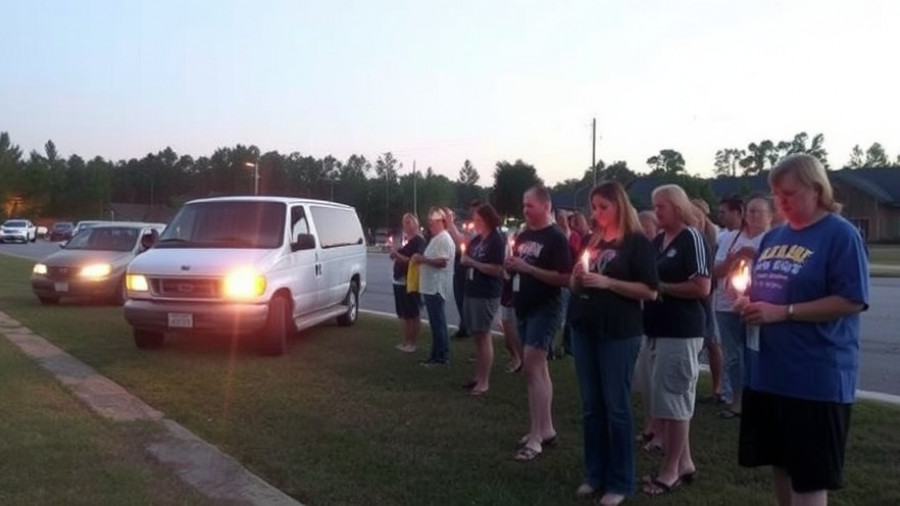
Tropical Storm Imelda: A Closer Look at Its Impact
After a period of heightened alert, Governor Henry McMaster has lifted the State of Emergency for South Carolina in light of Tropical Storm Imelda’s changed trajectory. Originally a cause for concern, the storm is now expected to remain offshore, leaving the state primarily unscathed. However, it’s imperative to remember that significant weather events like this can still pose risks, as emphasized by South Carolina Emergency Management Division (SCEMD) officials.
Weather Readiness: The Importance of Vigilance
As authorities transition back to normal operations, they have urged citizens to stay vigilant. Although Tropical Storm Imelda has shifted its path, expert predictions still indicate potential coastal flooding and strong rip currents impacting areas from South Carolina to northern regions. Historical data indicates that such threats can quickly escalate, underscoring the necessity for preparedness during hurricane season, which extends until November 30, 2025. SCEMD's outreach encourages residents to review their emergency plans and ensure that they have proper supplies. "Creating an emergency kit and having a family plan can save lives," advised Kim Stenson, SCEMD Director.
Understanding the Storm's Journey
Forecasts from the National Hurricane Center indicate that while Imelda is forecasted to strengthen into a Category 1 hurricane before dissipating, its primary threat in the short term includes dangerous surf conditions extending beyond South Carolina’s coast. The storm, as it heads towards Bermuda, is expected to unleash waves and high winds affecting beachgoers in states including Florida and North Carolina.
Community Preparedness: Lessons Learned
This event serves as a reminder of the critical need for community awareness and preparedness. The SCEMD emphasizes the importance of staying informed through emergency alerts and understanding local vulnerabilities. Observations from earlier storms serve as pivotal learning experiences that can enhance community resilience.
While Tropical Storm Imelda has turned away from the South Carolina coast, the ongoing hurricane season remains a calling for vigilance and preparedness. As both officials and citizens adapt to changing weather patterns and forecasts, the resilience of the community remains paramount in the face of nature's unpredictability.
For further guidance on preparing for the hurricane season, residents can access the official South Carolina Hurricane Guide available at scemd.org in both English and Spanish.
 Add Row
Add Row  Add
Add 




Write A Comment